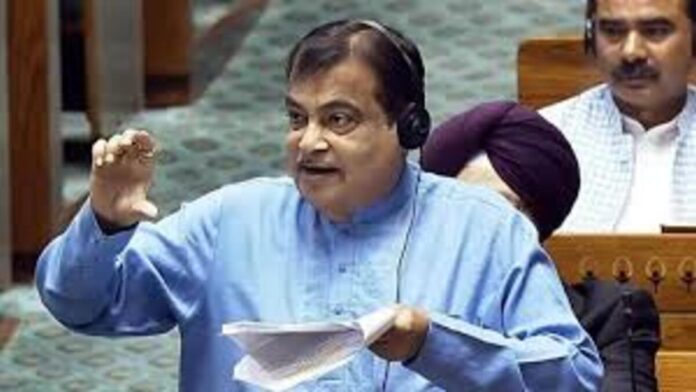According to sources, 20 BJP MPs—including prominent figures like Nitin Gadkari, Giriraj Singh, and Jyotiraditya Scindia—will be held accountable for their absence from the Lok Sabha on Tuesday when the One Nation, One Election Bill is introduced. A three-line whip issued by the party required all Members of Parliament to be in the House throughout the session. The BJP is allegedly preparing notices to hold these lawmakers accountable for disobeying party orders because of the controversy surrounding their absence.
Amid contentious debates, Law Minister Arjun Ram Meghwal introduced the Bill in the Lok Sabha, which is essential to the government’s drive for nationwide simultaneous elections.
The action was denounced by the opposition as “dictatorial” and an assault on India’s federal system. After a 90-minute debate and a vote-sharing process, the Constitution (129th Amendment) Bill passed its initial phase with 269 votes in favour and 198 against, notwithstanding the criticism.
In response to questions during the debate, Meghwal gave the House his word that the measure would not infringe upon the states’ sovereignty or authority. The Union Territories Amendment Bill was also submitted with the intention of bringing the elections in Delhi, Puducherry, and Jammu and Kashmir into line with the Lok Sabha elections. Meghwal insisted that the measure complied with constitutional standards and rejected opposition charges that it breached the basic structure concept.
A two-thirds majority in the House is needed for the government to pass the Constitution amendment bill, even though it only needs a simple majority to be introduced. However, the Centre was harshly criticised by the Opposition, which said that the Bills were unable to obtain a majority. According to Congress leader Manickam Tagore, the administration was unable to muster 307 of the 461 votes required to obtain a two-thirds majority. Shashi Tharoor echoed a similar sentiment, saying that the government shouldn’t be too persistent about implementing the Bill.
As of right now, the Congress-led INDIA alliance has 234 MPs, compared to 293 for the BJP-led NDA. Congress leaders have stressed that even with full attendance, the NDA does not have the numbers necessary to enact proposals modifying the Constitution.
Assuming all MPs are present and voting, the BJP will require support from unaffiliated parties to achieve the required two-thirds majority. In this case, the party might rely on the four MPs from the YSR Congress and the one MP from the Akali Dal, both of whom have promised to back it.
For the time being, it is anticipated that the measure will be sent to a joint committee, whose makeup will represent the relative strength of each Lok Sabha party. The BJP will have the most representation on the committee thanks to this arrangement, which will enable it to take the lead in discussions.




